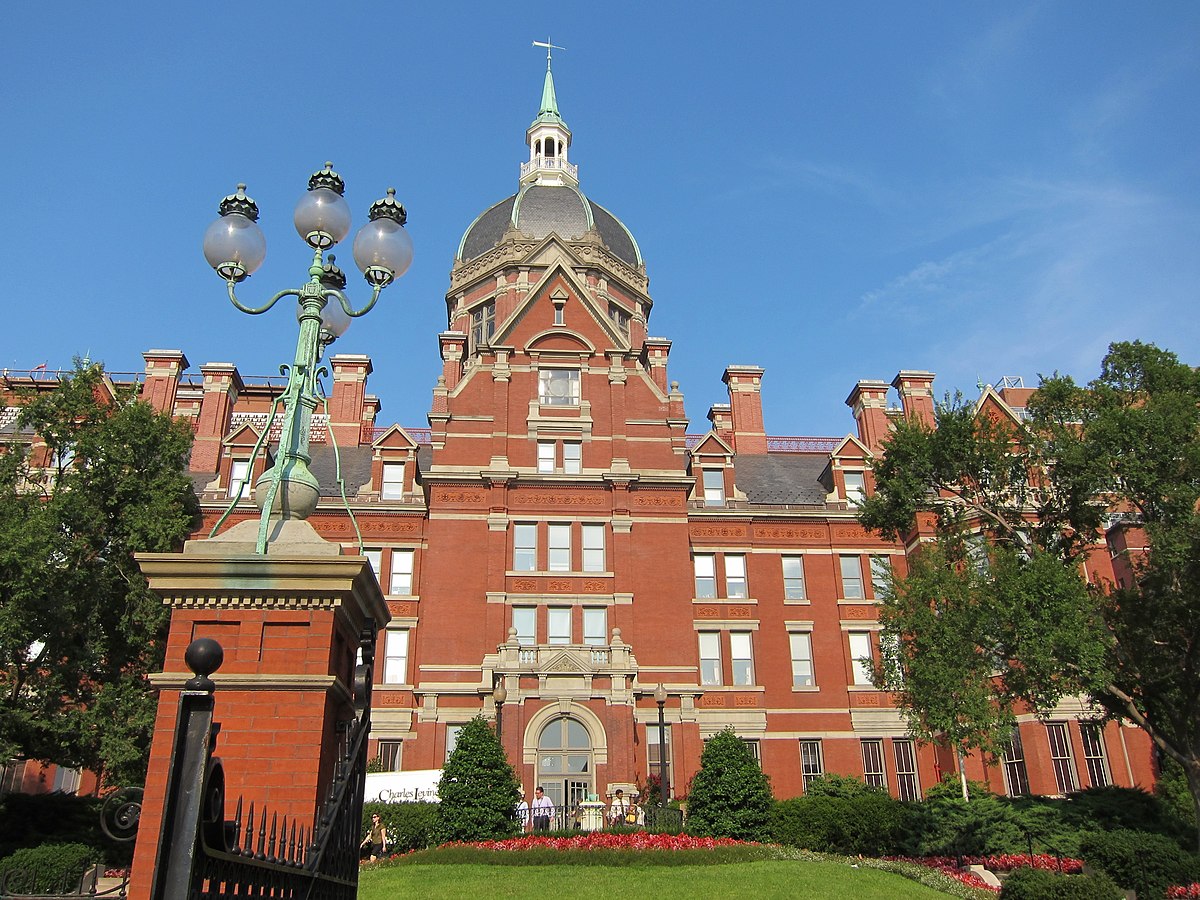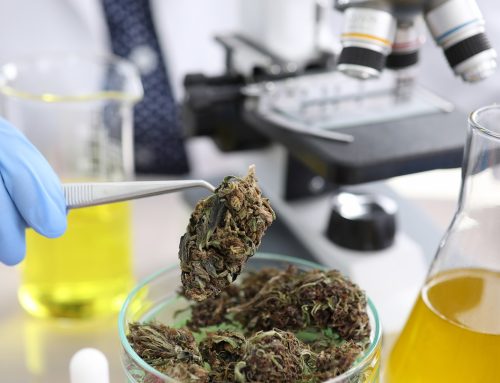Johns Hopkins Launches Pioneering Study on Medical Cannabis with $10 Million Grant
LOS ANGELES- In a significant development in the realm of medical cannabis research, Johns Hopkins University School of Medicine has embarked on an ambitious project to track 10,000 medical cannabis patients across the United States. This extensive study, fueled by a $10 million grant from the National Institute on Drug Abuse (NIDA), aims to shed light on the efficacy and impacts of medical cannabis treatment.
The initiative, led by Ryan Vandrey, a professor of psychiatry and behavioral sciences at Johns Hopkins and a key figure in the university’s Cannabis and Health Research Initiative, represents a groundbreaking effort to fill the knowledge gap in this area. Vandrey notes the widespread availability of cannabis as a therapeutic option in most U.S. states, contrasting it with the lack of comprehensive data that typically accompanies other medicines. “Our mission with this research is to understand the health impacts of therapeutic cannabis use,” Vandrey states. The goal is to establish foundational knowledge about which cannabis products might be beneficial or pose risks, particularly for specific populations or therapeutic purposes.
Johannes Thrul, an associate professor of mental health at the Johns Hopkins Bloomberg School of Public Health and a collaborator on the project, further explains the study’s methodology. Researchers plan to follow these 10,000 patients from the beginning of their medical cannabis journey, extending over a year or more. Special attention will be given to the initial stages of treatment, under the assumption that patients will experiment with various products before settling on those most effective for their symptoms.
This comprehensive approach seeks to provide clinicians and patients with a much-needed evidence base for the use of medical cannabis. By focusing on real-world experiences of a large patient group, the study promises to offer valuable insights into the practical aspects of medical cannabis use, including product selection and long-term effects.
This initiative not only marks a significant step in medical cannabis research but also reflects a growing recognition of the need for rigorous, data-driven insights in an area that has long been mired in anecdotal evidence and regulatory complexities. With this study, Johns Hopkins University School of Medicine reinforces its commitment to advancing the scientific understanding of medical cannabis and its role in modern therapeutics.



































